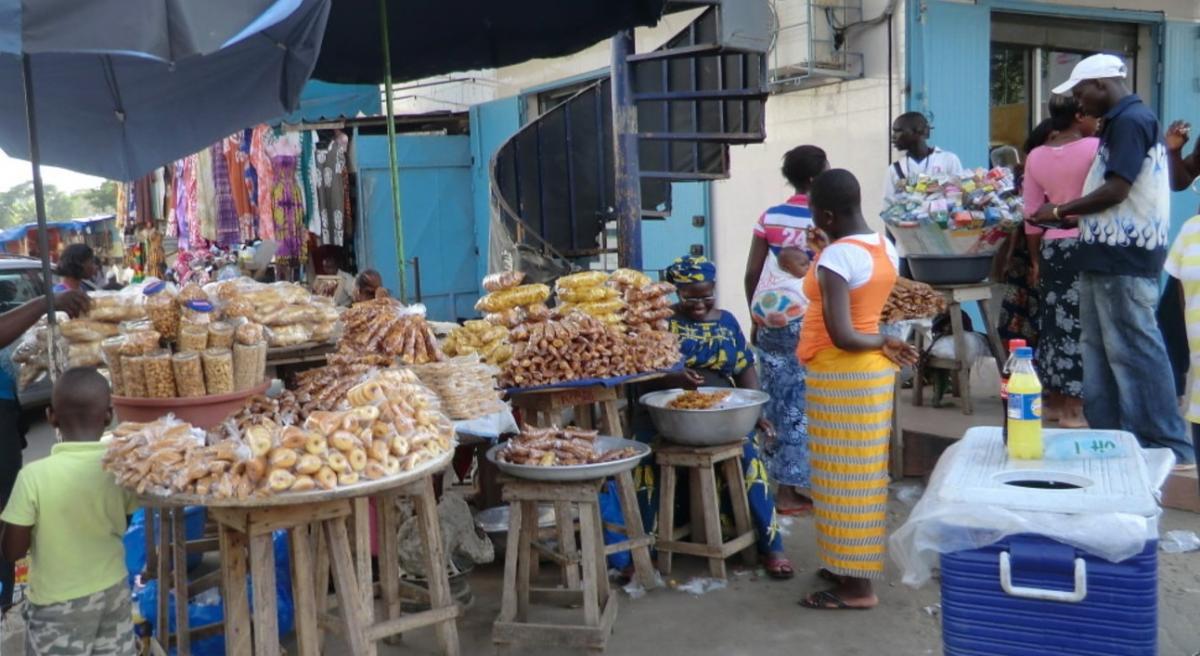- Home
- Worldwide
- CIRAD worldwide
- Projects
- VCA4D project
Value chain analysis for development - VCA4D

© D. Montet, CIRAD
Issues
The activities of value chains are often analysed at just one stage (agricultural production, processing or marketing) and from a monodisciplinary viewpoint (economy or environment). The method at the heart of this project proposes a holistic view of value chains in their different dimensions: functional, economic, social and environmental. It encompasses and integrates a large number of concerns driving the impact and performance of value chains. The project is also aimed at accumulating tangible, robust knowledge about value chains in various contexts. Finally, by developing a close partnership between researchers and policymakers, it facilitates better informed decision-making.
Description
The project brings together multi-disciplinary, multi-institutional teams of European and national researchers in the countries of intervention to analyse value chains, at the request of the delegations of the European Union. The studies accompany their investment, policy dialogue with local partners and budget support operations. VCA4D is managed by a consortium (of which CIRAD is a member) coordinated by Agrinatura.
A demanding methodology combines existing tools and those developed for the purpose of:
- economic analysis of value chains: financial indicators, calculation of added value, measurement of competitiveness, distribution of income, etc;
- life cycle assessment, focusing 'damage' on resource depletion, ecosystem quality and human health, impact on climate change and monitoring of biodiversity;
- and social analysis, which proposes a profile of the value chain based on impact and risks in the following six fields: working conditions, land rights and access to water, gender equality, food and nutritional security, social capital, and living conditions.
Other goals of the project include setting up an information system, providing training on the methodology, and building on lessons learned.
Expected impacts
- A community of practice will have been created within Agrinatura, based on the ownership and use of the VCA4D method.
- New specific and crosscutting knowledge will have been produced on a large number of value chains in different countries (Africa, Latin America, Asia), through around 50 studies.
- The results of these studies will have been communicated to the European Union and in particular to the delegations, in order to improve decision making.
Contract partners
- Agrinatura Consortium (main partners: NRI, WUR, ISA, ICRA, SLU)
























